Reportar esta entrada
Más sobre la misma comunidad-colección
Pesaje - Pelea de Jennifer Han y Calista Silgado - 2016
Louie Burke - trainer for Jennifer Han being interviewed by Bill ...
Pesaje - Pelea de Jennifer Han y Calista Silgado - 2016
Jennifer Han and Louie Burke at the weigh-in, before her fight ...
Pesaje - Pelea de Jennifer Han y Calista Silgado - 2016
Tom McKay and friends meet up at the weigh-in for the Jennifer ...
Pesaje - Pelea de Jennifer Han y Calista Silgado - 2016
Bill Knight at the weigh in for Jennifer Han and Calista Silgado ...
Pesaje - Pelea de Jennifer Han y Calista Silgado - 2016
Bill Knight at the weigh in for Jennifer Han and Calista Silgado ...
Pesaje - Pelea de Jennifer Han y Calista Silgado -2016
Jennifer Han and Louie Burke at the weigh-in, before her fight ...
Asociación de Don Porfirio Diaz - 1918 - El Paso, Texas
Liberty Hall - left to right seated #4 Mother Guadalupe Morales ...
Asociación de Don Porfirio Diaz - 1918
Liberty Hall is the location - Jesus G. Morales - Father of ...
Dia de Brandon Bailey Johnson el 27 de octubre de 2015
It is Proclaimed: by the Mayor and Council of the City of El ...
Brandon Bailey Johnson- el Guinness World Records
Brandon Bailey Johnson is a songwriter, multi-instrumentalist, ...
Jovenes musicos presentaron su composición musical al maestro Sebastian
Young musicians from the Art Beats program, and EPMA partnership ...
Jennifer Han con sus fans - 2016
Annalyse Appelzoller and Savannah Appelzoller with Jennifer Han. ...
Brandon Bailey Johnson Record Mundial Guinness - Video
El Paso's Own - Brandon Bailey Johnson sets the Guinness World ...
Mac's Place - centro de El Paso, Texas
203 Mills - in the Cortez Building on the corner of Mesa and ...
Mac's Place - centro de El Paso, Texas
203 Mills - in the Cortez Building on the corner of Mesa and ...
Mac's Place - centro de El Paso, Texas
203 Mills - in the Cortez Building on the corner of Mesa and ...
Desfile de la 1ª División Calvario - 1923
Downtown parade of the 1st Calvary Division on May 16, 1923. ...
Desfile e de la 1ª División Calvario - 1923
Downtown parade of the 1st Calvary Division on May 16, 1923. ...
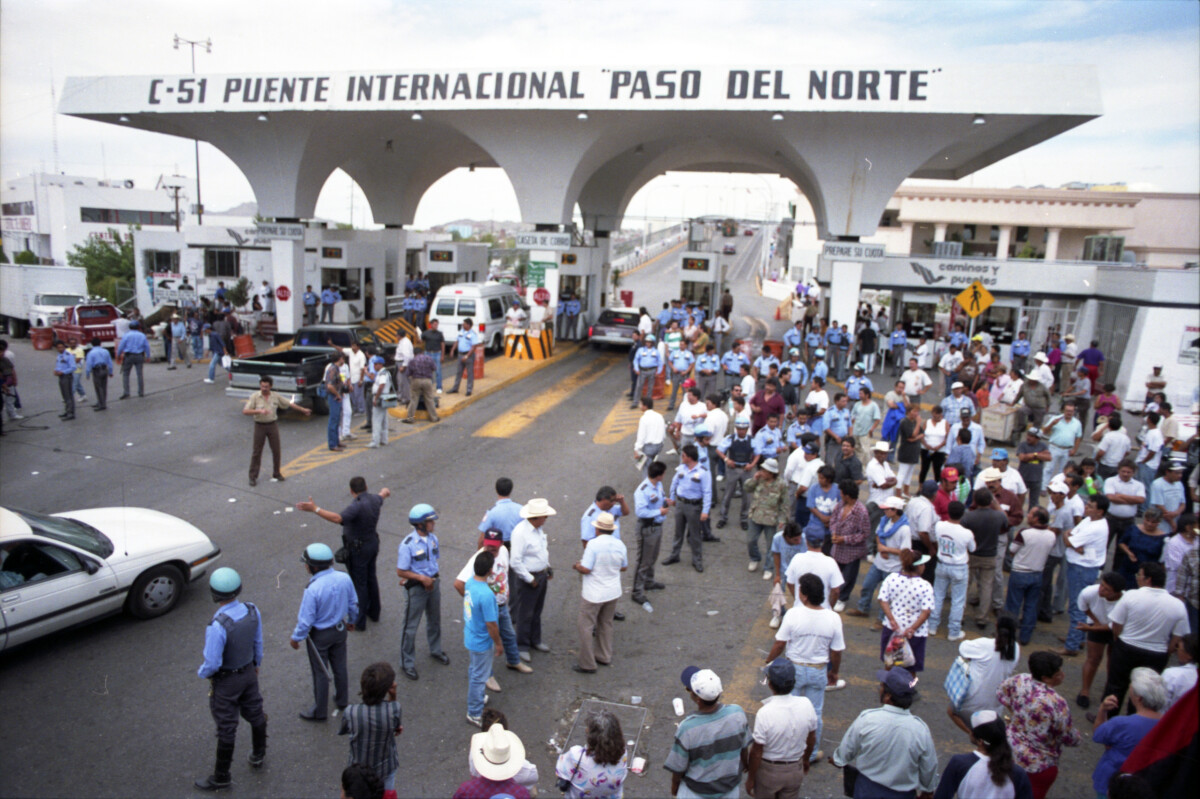
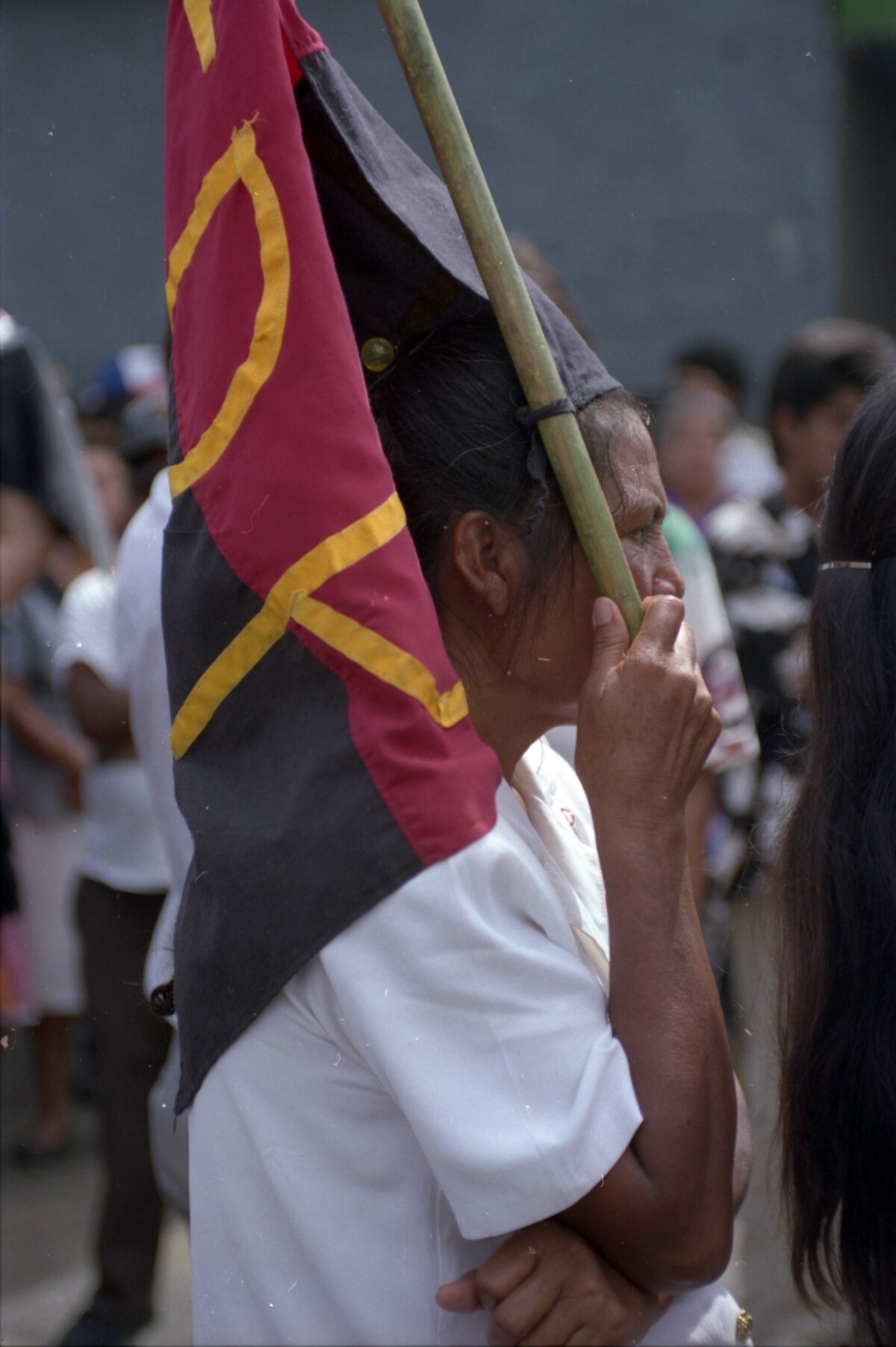
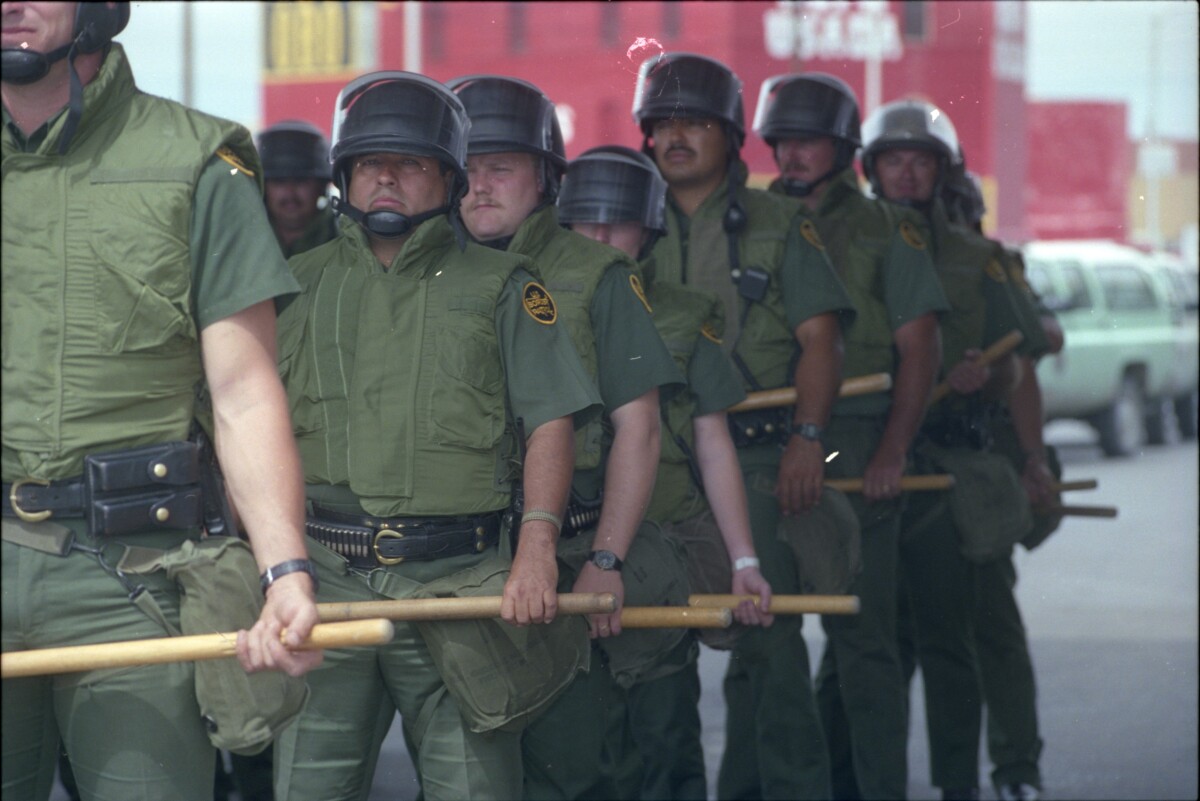
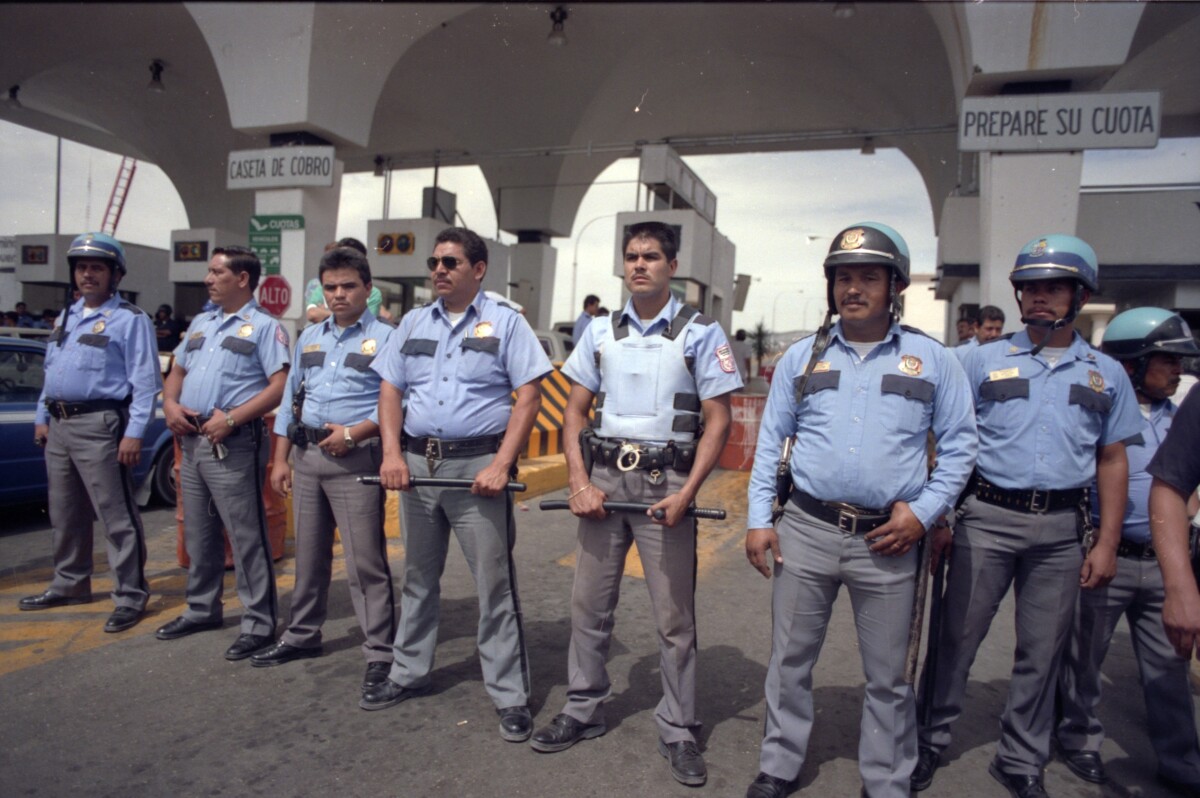
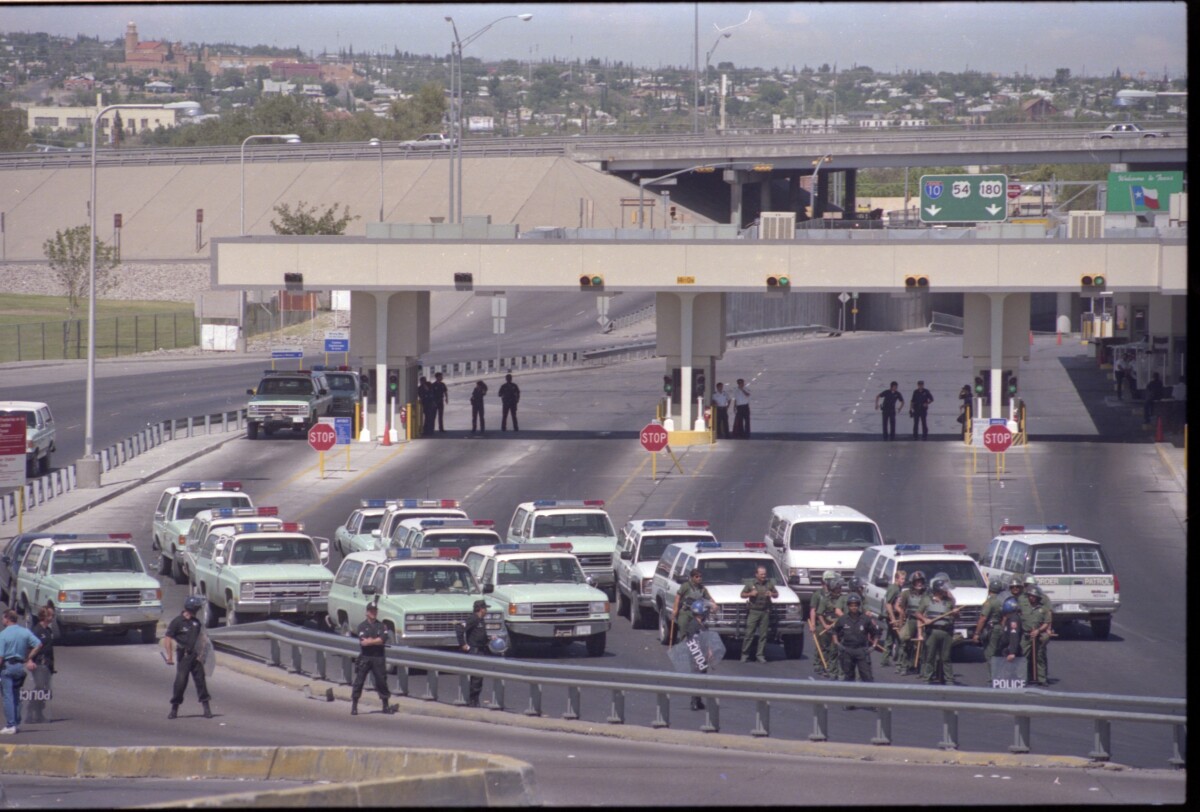
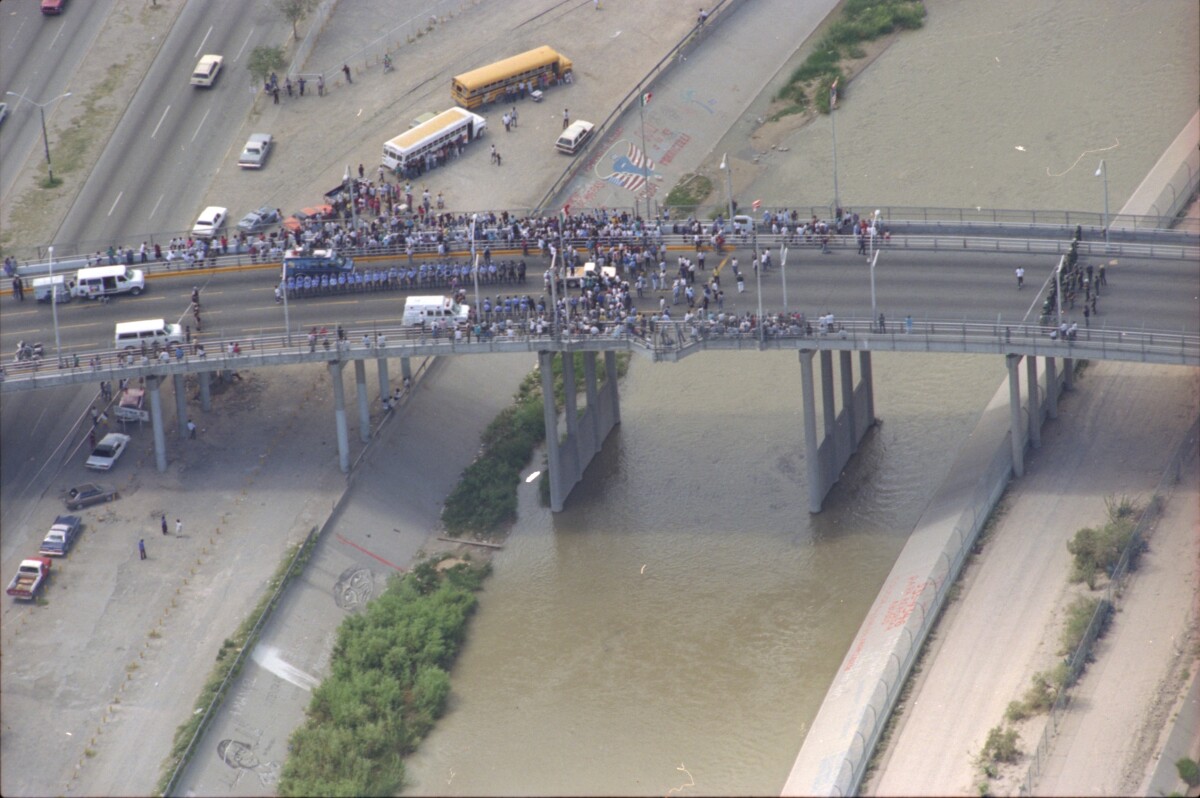
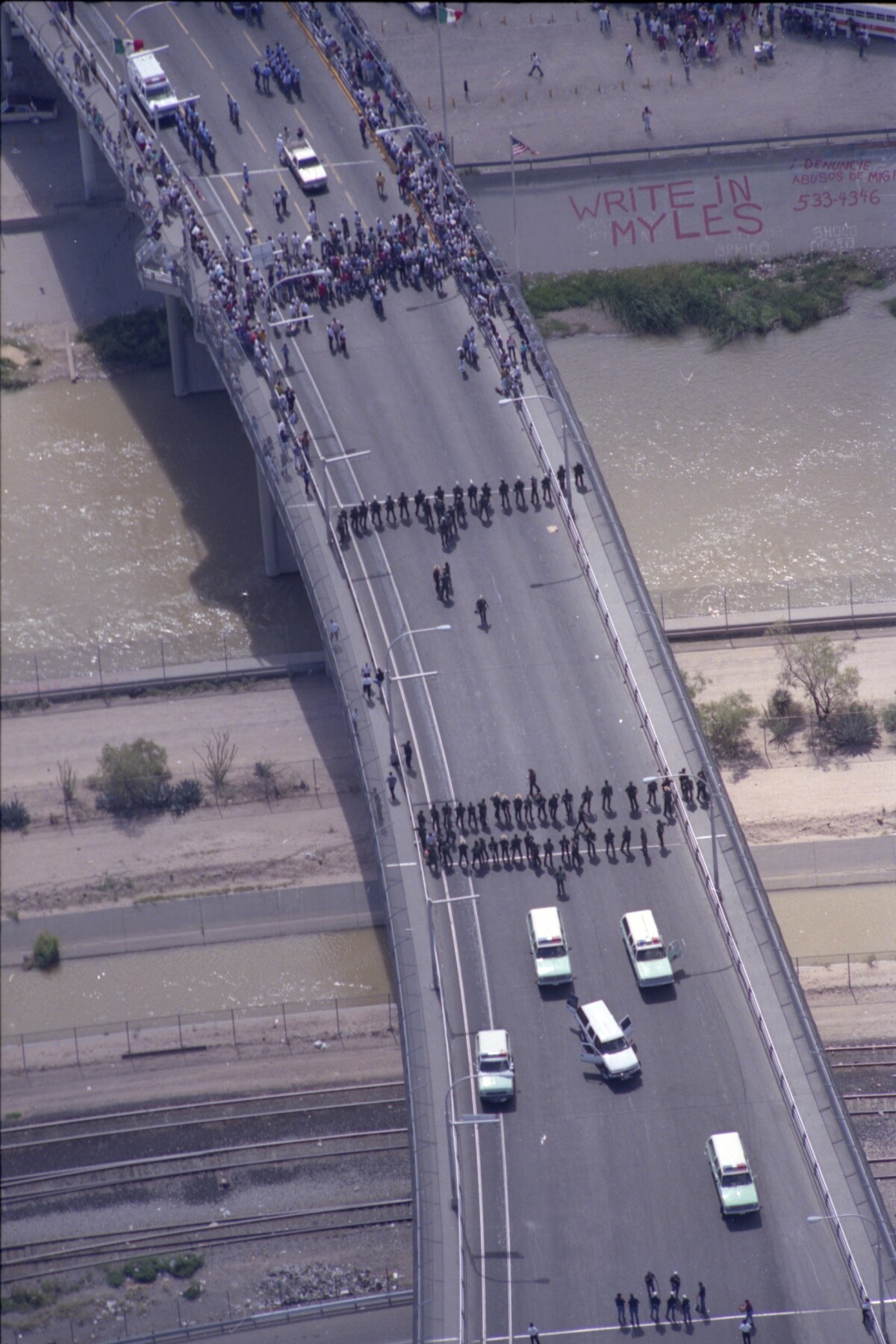
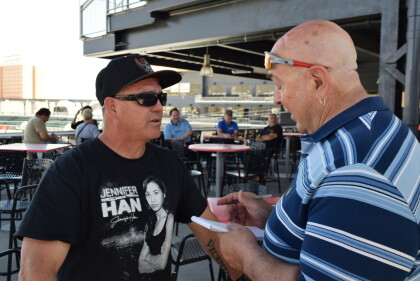

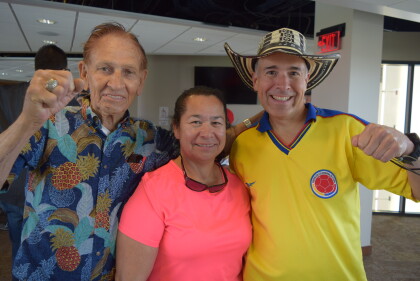
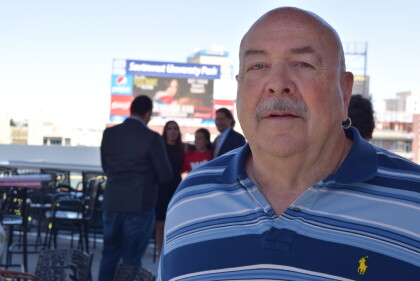
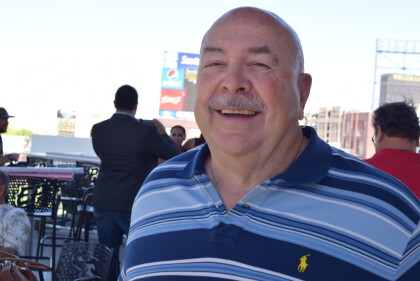

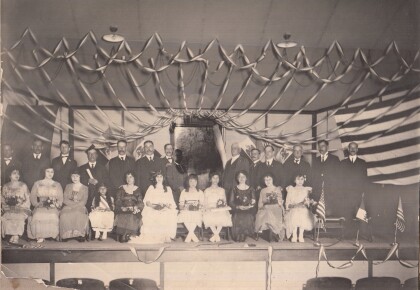
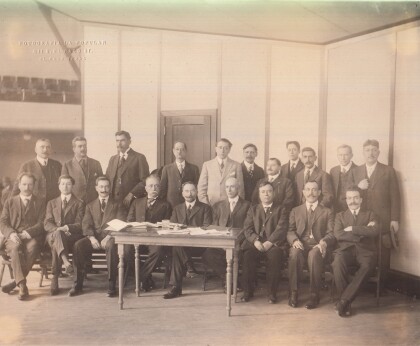
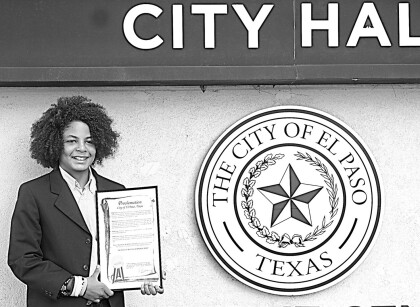


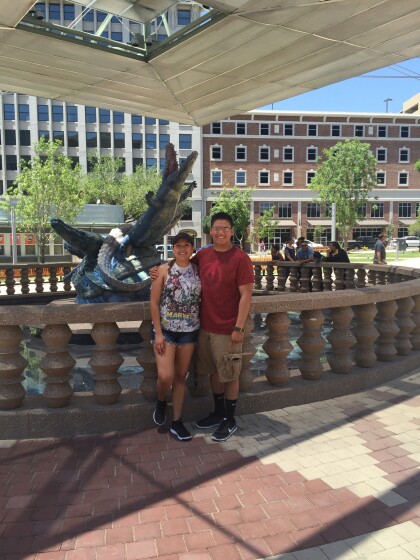

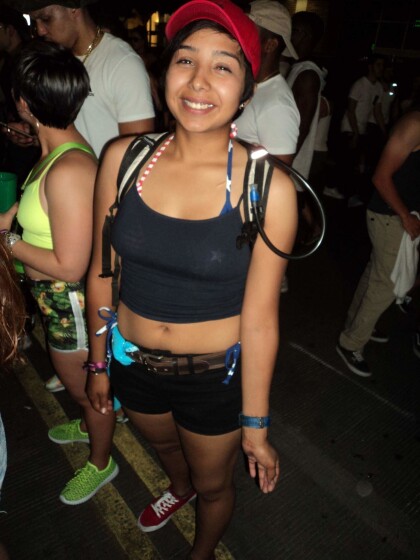
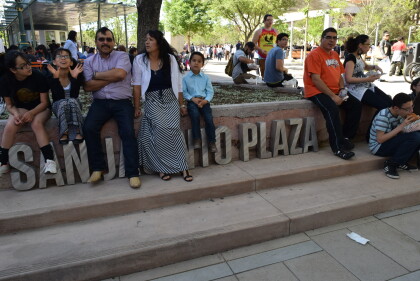


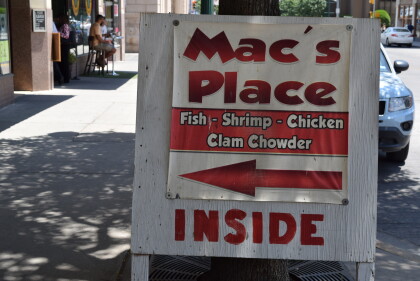
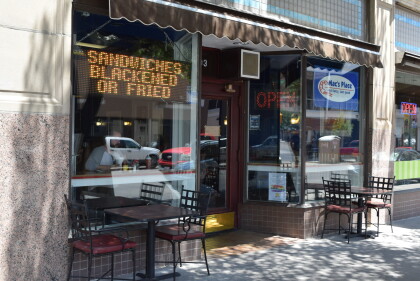
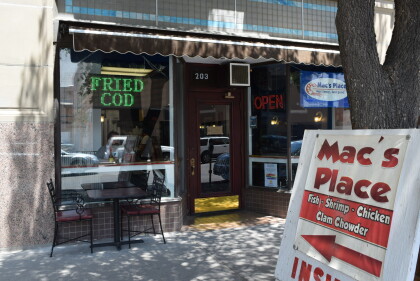
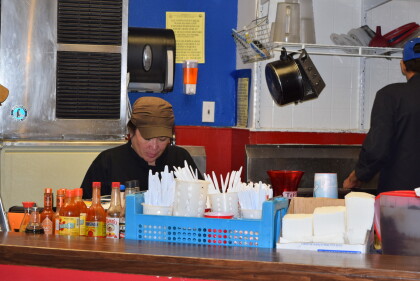
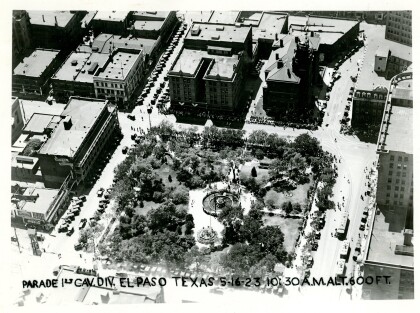
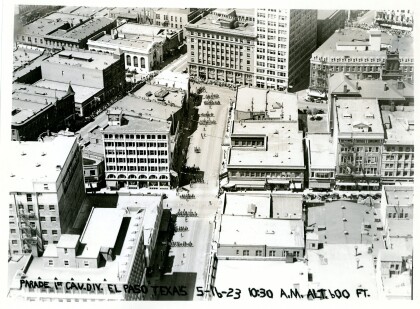
Comentarios
Hacer un comentario